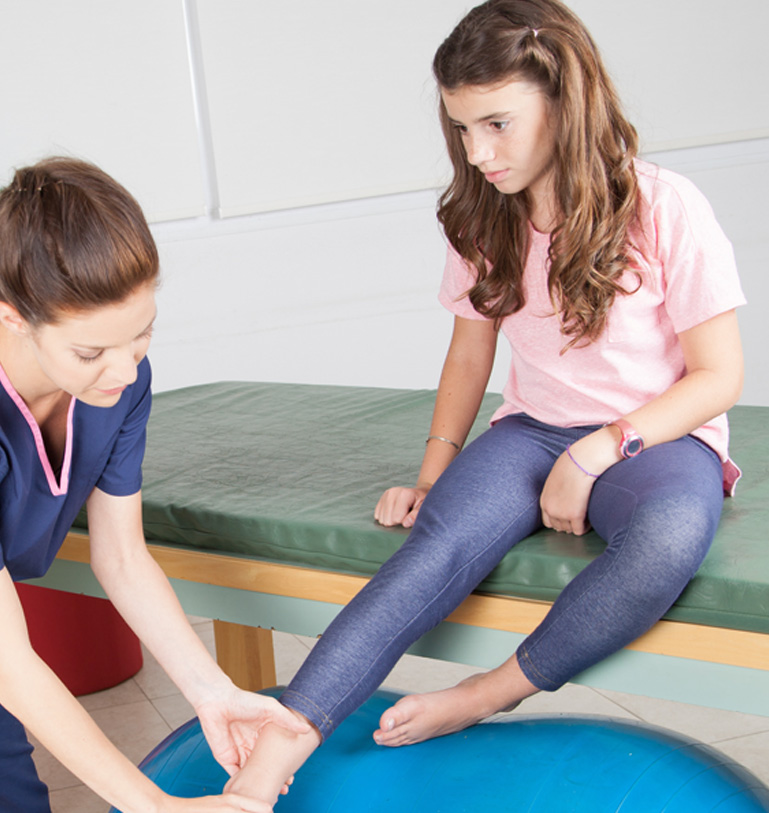Sever’s disease
Sever’s disease is a condition that causes heel pain in young adolescents (approximately 9-15 years olds). Its onset is usually during or shortly after a growth spurt. Sever’s disease often occurs in active teenagers, particularly those who participate in a sport that it is a high impact...









